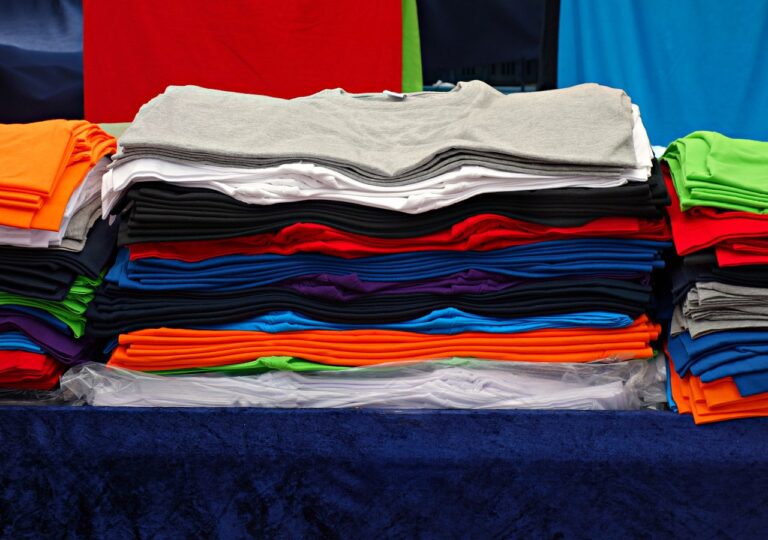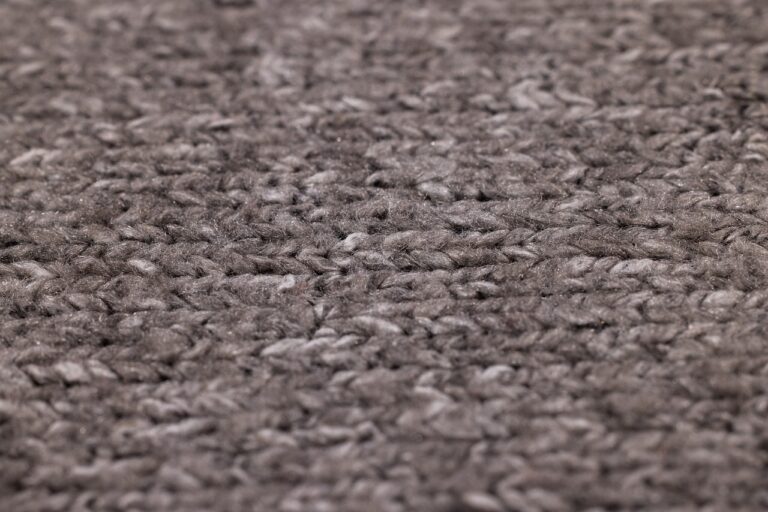Fashion and Sustainability in Footwear: Exploring Eco-Friendly Shoe Brands
When it comes to sustainable footwear, the materials used play a crucial role in reducing the environmental impact of the fashion industry. Eco-friendly materials such as organic cotton, recycled polyester, hemp, and cork are becoming popular choices among sustainable shoe brands. These materials require fewer resources to produce and are biodegradable, making them a better option for the environment.
Furthermore, in addition to benefiting the planet, shoes made from eco-friendly materials also tend to be more durable and of higher quality. This means that not only are they better for the environment, but they also provide a longer lifespan for the consumer, reducing the need for frequent replacements and ultimately decreasing the overall carbon footprint of the footwear industry.
Impact of Fast Fashion on the Environment
Fast fashion has revolutionized the clothing industry, leading to a significant increase in the pace at which new designs hit the market. This means more clothes are being produced and consumed at an alarming rate. The pressure to keep up with ever-changing trends fuels this cycle of consumption, resulting in a detrimental impact on the environment.
The environmental consequences of fast fashion are vast and profound. From excessive water usage in production processes to the release of harmful chemicals into the environment, the industry’s rapid turnover of clothing has far-reaching implications. Additionally, the mass production and disposal of fast fashion clothing contribute to overflowing landfills and the emission of greenhouse gases, further exacerbating global environmental issues.
Benefits of Choosing Eco-Friendly Shoe Brands
Eco-friendly shoe brands offer consumers the opportunity to make a positive impact on the environment through their purchasing decisions. By opting for sustainable footwear options, individuals can reduce their carbon footprint and contribute to a more sustainable fashion industry. These brands often prioritize using environmentally friendly materials and ethical production practices, aligning with the growing demand for responsible consumerism.
In addition to the environmental benefits, choosing eco-friendly shoe brands can also have positive effects on one’s health. Many sustainable footwear options are made without harmful chemicals and dyes, reducing the risk of skin irritations and other health issues caused by exposure to toxic substances. This focus on both environmental sustainability and personal well-being makes eco-friendly shoe brands an attractive choice for conscientious consumers looking to make a difference through their everyday purchases.
• Eco-friendly shoe brands help reduce carbon footprint
• Sustainable footwear options contribute to a more sustainable fashion industry
• Emphasis on environmentally friendly materials and ethical production practices
• Many eco-friendly shoe brands use non-toxic materials, reducing health risks
• Elimination of harmful chemicals and dyes can prevent skin irritations and other health issues
• Focus on personal well-being in addition to environmental sustainability makes these brands appealing for conscientious consumers
What are some eco-friendly materials used in sustainable footwear?
Some eco-friendly materials used in sustainable footwear include recycled plastics, organic cotton, cork, hemp, and natural rubber.
How does fast fashion impact the environment?
Fast fashion contributes to pollution, waste, and exploitation of resources. The production process of fast fashion involves high energy consumption, water usage, and chemical pollution.
What are the benefits of choosing eco-friendly shoe brands?
Choosing eco-friendly shoe brands helps reduce environmental impact, supports sustainable practices, and promotes ethical manufacturing. It also ensures that your footwear is made from non-toxic materials that are better for your health and the planet.







